The Process of Recovering from Injuries
Caption: During a cold and gloomy January 11th, Jason Maline (10) receives surgery on his right anterior cruciate ligament, or as you know it, his ACL. He injured his leg during a CT football game, tearing your ACL is an immense injury, “ they said that I have nine months of recovery in physical rehab, I don’t want to tear it again because I won’t be able to get another surgery on it.” said Maline. An injury like that does take a toll on the recipient, but Maline is keeping his head high, even though he spends most of his day doing recovery exercises, he’s using his aspiration to keep his hopes up and he can’t wait to return to the turf next season.
Culture is one of the main factors in a society; culture covers religion, food, clothing, even accents. One thing you don’t typically think of is sports. In the U.S., sports are a part of the culture; in Texas, high school football, of all things, is almost bigger than life. In every major city, you have multiple sports teams, and the fans will cheer their teams until the game is over. Sports have a ton of upside to it, teamwork and determination, heart and grit. Unfortunately, in sports, we see injuries; in a sport like football, we are bound to see injuries; it’s a sport where people hit each other. Did you know that basketball causes more injuries than football? Injuries are not just a statistic, the focus of injuries should be on the recipient of the injury and the family it affects. Recovering from any damage can be a long and exhausting process, but it is essential to recover from having a positive mindset and never giving up hope.
The problem with sports injuries is that one can never know when they will happen, and when you first experience one, it can be a surreal and scary experience. Imagine playing a game you have played forever, a game you love, and bam! Something is not feeling right; you might not be able to walk or even move. This experience can be once in a lifetime.
“I was playing basketball at Beacon Point, and on a rebound, someone landed on my ankle, I couldn’t walk, and the pain was really bad, ” said Jack Bentley (9). Being blindsided by any injury can cause significant concern and your mind could start to ramble. Experiencing a sports injury can be very startling because you don’t think about the possibility most of the time. The best thing you can do is move forward with a healthy mindset, no matter how bad it could be.
All the emotions that you first experience can be overwhelming. Life is hard, and not using a primary function of your body can be annoying, imagine not being able to carry a book because your arm had a cast. Injuries can cause fatigue and cause your mental health to drain. It is always wise to think about how you can heal so that you hopefully will not have to deal with something like this again in the future.
Some of the more significant injuries from sports may cause long-term problems, like not being able to walk for a couple of months, which can factor into everyday life. The damage can affect a job, school, or even simple things like casual activities you like to do, “It’s impacting my mental health, I just was able to drive one other person in a car, but now I can’t because of my torn ACL,” explained Jason Maline (10). Injuries can prohibit anyone from doing everyday tasks like driving and limit the places you can go. They can stop you from doing activities that you enjoy and restrict you from your favorite interests. This can easily affect your mental health and make it hard to have a positive perspective on life. It is hard, but the only way to make rehab better is to develop a productive mindset to help ease the hardships of an injury.
People say this for many things in life, but recovering from an injury is a mental game. If you let your injury weigh you down, your life can become super hard and challenging to live through. You have to try to find an upside in the situation, and in return, your life during recovery won’t seem that bad. A great strategy to keep a healthy mindset is to create small goals that you can achieve. Just little accomplishments to make the time go a bit faster and make yourself feel a bit more fulfilled.
A possible way to keep yourself going is to just come at peace with an injury. The quicker you can live with it; the more facile every-day life can become. Another strategy to help you is to think about the future, consider how much better your life will be once your injury is finally healed. Even if it is a long process, it will be better after your waiting is over, “it hasn’t affected my passion for football, I still look forward to playing next season. It’s just I know I have to put in a lot of work to get there.” said Maline. The joy that you would receive when you finally could play again would be remarkable. A great motivator, in this case, is the finish line, when you can, at last, do what you love to do. This way of thinking can bring a massive morale boost to any person experiencing a super long recovery time and help make the future look a little more promising and welcoming.
There’s a specific type of sports that many often forget about, motorsports; the biggest motorsport event is the Daytona 500. Even though NASCAR is a part of motorsports, there are also dirt bike racing and drag races; motorsports have so many different sports in their category. Of course, when dealing with a car or a bike, the risk of injury can increase more than in other sports. The people who enjoy motorsports often love the thrill of it all. Still, part of the thrill is the intensity of the sport, “I broke my ankle in West Creek, CO, and I’ve separated my shoulder in Tucson, AZ. When I broke my ankle, I was going down a steep rocky hill with a gravel turn at the end. My front wheel locked up and slipped out away from me, making the bike land onto my ankle, then I proceeded to slide down a hill after the turn; I did a barrel roll while going down, and my leg didn’t.” said Joey Baldwin (10). This crash caused lots of pain for Baldwin as his shoulder took six weeks to recover, and his ankle took six months to heal. An undeniable fact, is that sports like motocross or just biking in the mountains can be dangerous, but the risk is worth it for the people who love this sport. It is their passion, and nothing could make them stop doing what makes them happy.
Passion is the main reason athletes play sports, and this is what pushes them to keep working and to get better. This drives athletes to play; it’s not ignorance, but acceptance that injuries are a part of sports. Injuries are not a prominent part of thinking while you’re playing your sport; you just think of how you can get better. Most athletes coming off of injuries still have a passion for their game, “So really it just made me want to play basketball even more,” said Bentley. His injury didn’t have an adverse reaction; it caused him to become even more passionate about basketball, which made him realize how much he loves it. This reaction is common in lots of athletes, “Honestly, it hasn’t affected my passion much at all; I still look forward to playing next season.” said Maline. Maline’s passion for football helps him during his near-year-long recovery period. He’s not done playing either; he just can’t wait to get back out on the field. Injuries are a reality of sports, but they can’t stop the player’s passion and drive for their sports.
Even though sports carry the sad reality of injuries, there is a lot of upside to sports. The passion the players have for the game keeps the sports popular, and the massive fan bases keep sports one of the most extensive parts of people’s lives in the US and some places around the world. In the modern-day, sports have become safer and safer due to modern technologies. For example, in football, the equipment has become much safer, and in football helmets, special padding is meant to reduce the force exerted on the head from impacts. This helps reduce the number of brain injuries that we see. In NASCAR, cars’ design has been changing to ensure the driver’s safety; the car’s sides have been getting thicker to increase the crashes’ resilience to ensure the driver will be alright. The improved safety measures in sports have helped promote sports, but one thing is for sure, sports will always be a big part of our culture and helpful to the people a part of it.

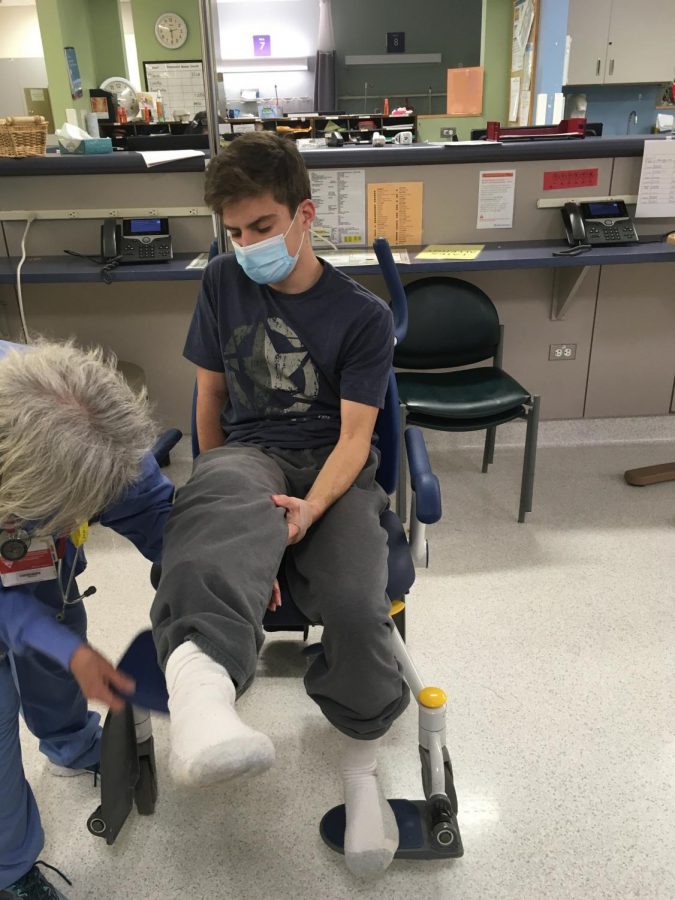
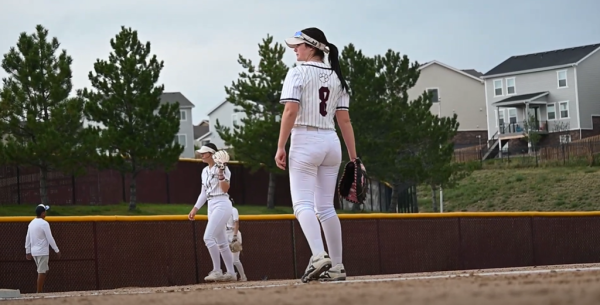
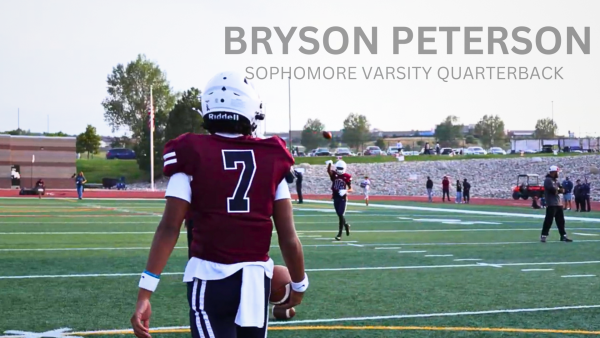
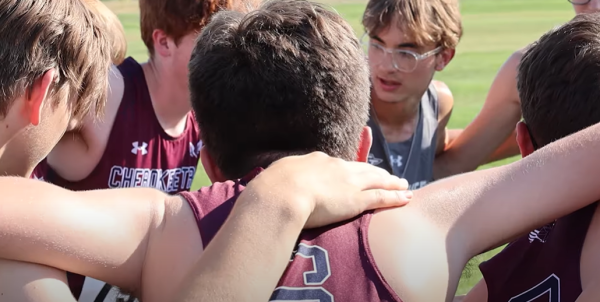

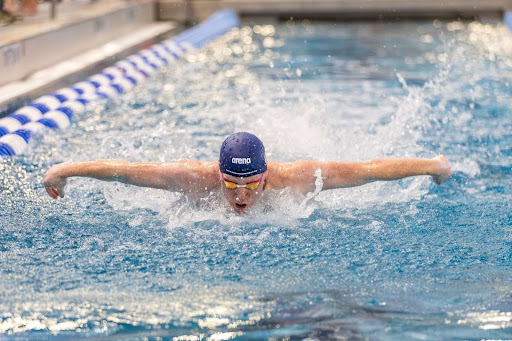

Reagan Lapicola • May 3, 2021 at 7:23 pm
Great article Jack! You’re an amazing writer! Keep up the good work!
-Mom